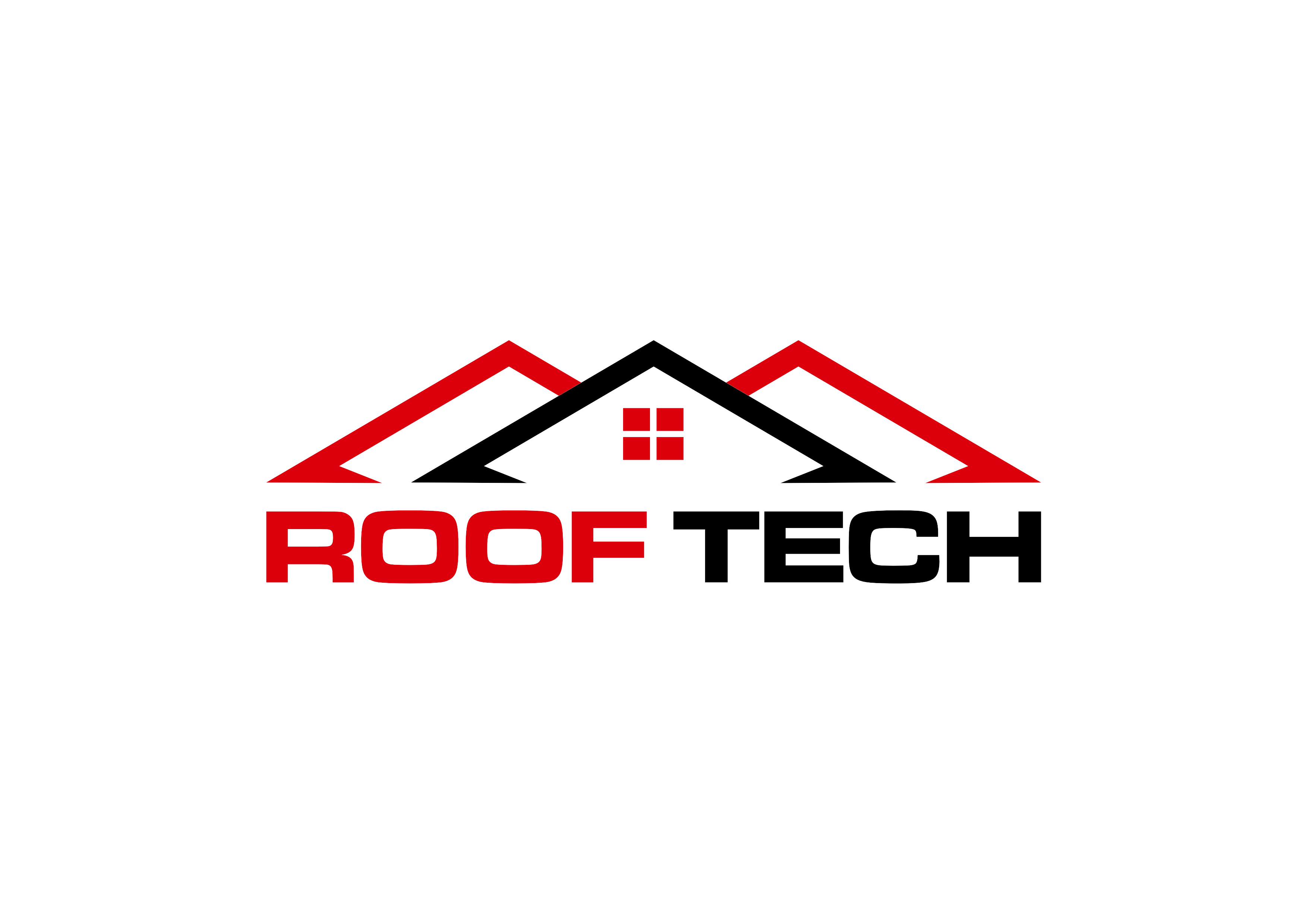When it comes to roofing, having a warranty in place is crucial for protecting your investment. A roofing warranty ensures that you are covered in the event of any defects or issues that may arise with your roof. With different types of roofing warranties available, it is important to understand the options and choose the best one for your specific needs.
There are three main types of roofing warranties commonly offered by roofing contractors:
1. Manufacturer’s Warranty: A manufacturer’s warranty covers the materials used in the roofing installation. This type of warranty typically guarantees that the materials are free from defects and will perform as intended for a certain period of time. Manufacturer’s warranties vary in length, with some covering materials for 20, 30, or even 50 years. It is important to carefully review the terms and conditions of the manufacturer’s warranty to understand what is covered and for how long.
2. Workmanship Warranty: A workmanship warranty covers the labor and installation of the roofing system. This type of warranty typically guarantees that the roofing installation will be free from defects in workmanship for a certain period of time, such as 5 or 10 years. Workmanship warranties are offered by roofing contractors and provide assurance that the installation will be done correctly and up to industry standards. It is important to choose a reputable roofing contractor that offers a solid workmanship warranty to ensure that your roof is installed properly.
3. Extended Warranty: An extended warranty combines both the manufacturer’s warranty and the workmanship warranty into one comprehensive coverage plan. This type of warranty typically extends the coverage period for both materials and labor beyond the standard warranties offered. Extended warranties can provide peace of mind knowing that your roof is protected for an extended period of time. However, extended warranties may come at an additional cost, so it is important to weigh the benefits against the cost before deciding on this option.
In addition to these types of warranties, it is also important to consider what is not covered under the warranty. Most roofing warranties do not cover damage caused by natural disasters, acts of God, or improper maintenance. It is important to understand the limitations of the warranty and take necessary precautions to prevent voiding the warranty.
In conclusion, having a roofing warranty in place is essential for protecting your investment and ensuring the longevity of your roof. By understanding the different types of roofing warranties available, you can make an informed decision on the best coverage for your needs. Whether you opt for a manufacturer’s warranty, workmanship warranty, or extended warranty, having coverage in place will provide peace of mind knowing that your roof is protected.
************
Want to get more details?
Roof Tech
https://www.rooftechnh.com/
New Hampshire roofing company.

